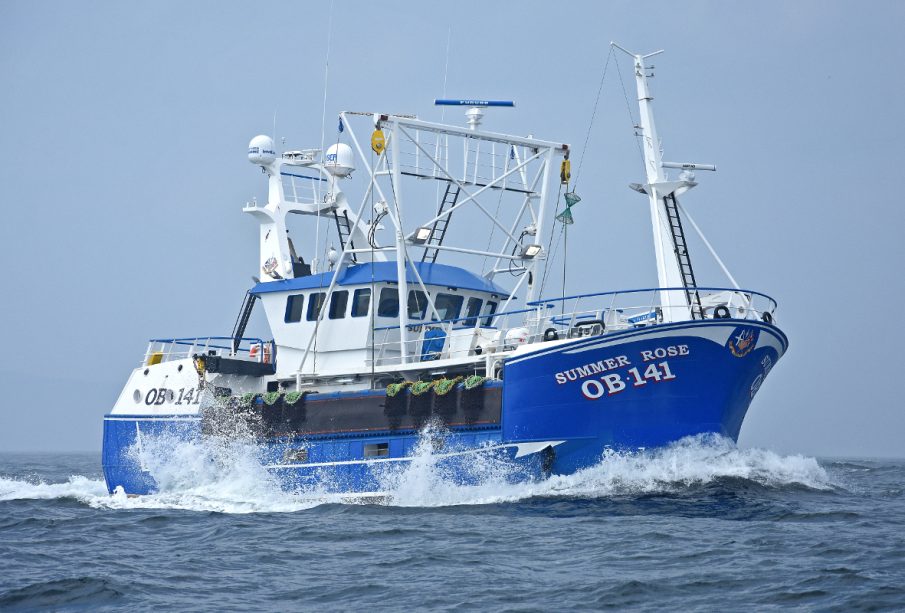The Current State of British Fishing Boats in 2023

Introduction
British fishing boats play a crucial role in both the economy and culture of the United Kingdom. With a rich maritime history, the fishing industry is not only vital for local economies, especially in coastal towns, but also significantly contributes to the UK’s food security. However, recent events highlight the challenges that this sector faces, including climate change, the impact of Brexit, and sustainability concerns.
Recent Developments Affecting British Fishing Boats
The UK fishing industry has undergone significant changes over the past few years, especially following its departure from the European Union. In 2020, the Trade and Cooperation Agreement allowed the UK to regain control over its fishing waters, but it also imposed quotas that have been contentious among fishermen. Many British fishing boat owners express concern that these new rules have limited their access to fishing grounds, which were previously shared with EU fishermen.
Additionally, the ongoing impacts of climate change are altering fish migratory patterns and affecting marine ecosystems. Warmer waters have led some species to move further north, affecting traditional catch locations. Fishermen have reported mixed results with their hauls as the shifting climate continues to disrupt established fishing practices.
The Shift Towards Sustainable Practices
In response to these challenges, many British fishing boats are pivoting towards more sustainable fishing practices. The UK government has initiated various programs aimed at promoting environmentally friendly methods, such as selective fishing gear to reduce bycatch and efforts to protect endangered species. There are also calls for better management of fish stocks to ensure long-term viability and economic stability for fishing communities.
Moreover, an increasing focus on sustainable seafood is translating into market demand. Consumers are becoming more conscientious about the origins of their seafood, prompting many fishing boat operators to adopt eco-labels and improve traceability in their supply chains.
Conclusion
British fishing boats stand at a crossroads as they navigate the complexities of modern fishing challenges. As regulatory pressures mount and the impacts of climate change become more pronounced, the industry must adapt to survive. With sustainability deeply at the forefront of national and global discussions, there is hope that through innovation and responsible practices, the British fishing industry can not only endure but thrive in the years ahead. For readers, understanding these dynamics is essential, as they directly affect food choices, local economies, and the biodiversity of our oceans.






